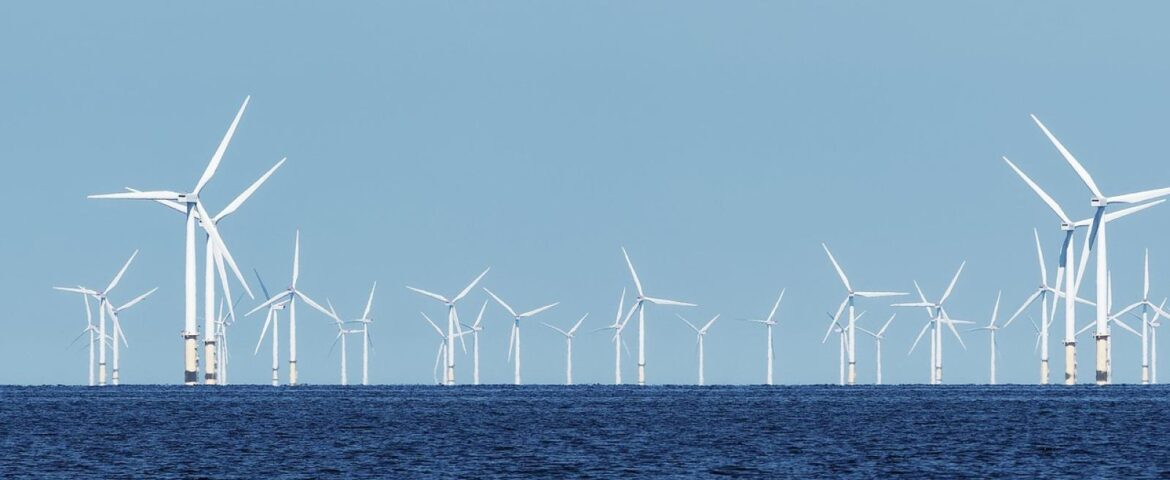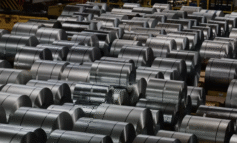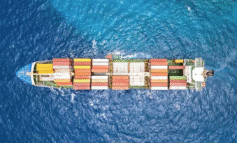Offshore wind energy has become a key element in the energy transition. The construction and operation of offshore wind farms, however, generate additional maritime logistics demand and contribute to higher greenhouse gas emissions. The Onboard Carbon Capture, Utilisation and Storage System (OCCUS) offers a promising solution to decarbonise maritime transport.
This latest publication, of PortEconomics member Theo Notteboom, titled “Onboard Carbon Capture, Utilisation and Storage (CCUS) Supply Chain Optimisation: An Application to Vessels Active in the Offshore Wind Industry”, co-authored with Yuzhe Zhao, Yu Wang (Dalian Maritime University, China) and Jingmiao Zhou (Dalian University of Foreign Languages, China) uses a Mixed-Integer Linear Programming (MILP) model to optimise the OCCUS supply chain for offshore operation vessels, covering key aspects such as fleet size and composition, ship routing, and inventory management. It also quantifies the economic and environmental impacts of the OCCUS supply chain using two indicators: payback period and carbon reduction potential.
The results indicate that the capture and transportation costs represent a significant portion of the total costs in the OCCUS supply chain, reaching 87.77%. The carbon emission reduction rate of the OCCUS supply chain shows considerable potential, achieving 81.22%. In the future, if CO2 prices rise significantly and substantial taxes are imposed on CO2 emissions, shipowners could recoup their investments in OCCUS equipment within five years, thereby reducing potential financial risks.
The study is now freely available via the academic journal ‘Energy Conversion and Management here.












